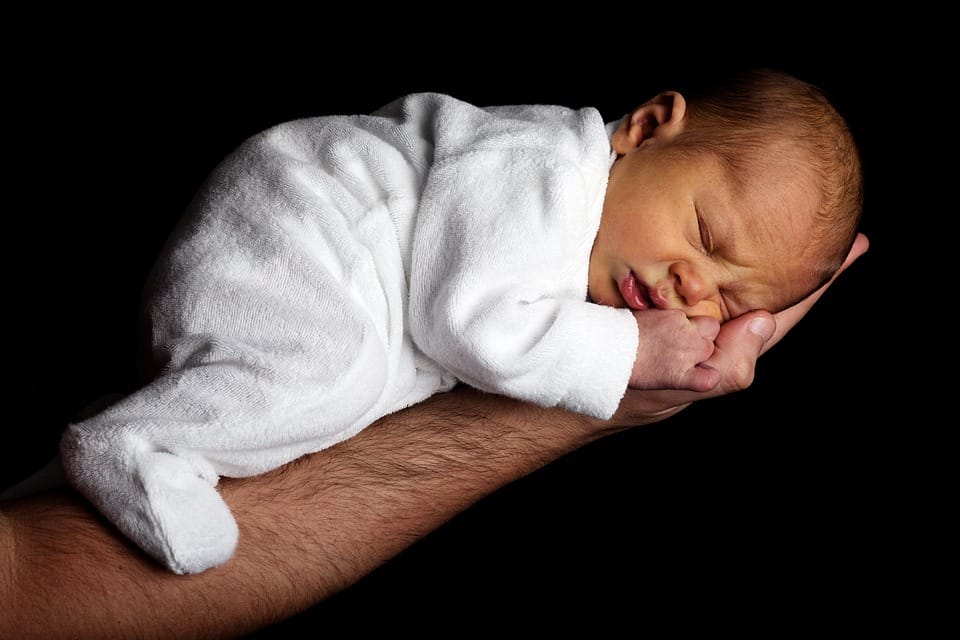
Maintaining the right bedroom temperature is important for good sleep. Doctors recommend a temperature of about 65 degrees Fahrenheit (18.3 degrees Celsius) for most adults. It ensures a good night’s sleep. Thermoregulation is a crucial factor that can improve sleep quality.
The Ideal Temperature for Babies
Babies need a slightly warmer room, about 69 degrees Fahrenheit (around 20.5 degrees Celsius) to sleep comfortably. They’re small and delicate, so small changes in room temperature can affect them more.
However, if it’s too hot in their room, it can be risky for them. Always use safe baby clothes, set the room temperature right, and avoid using blankets in their crib. You can check if your baby is too hot or cold by touching their tummy or the back of their neck.
Research suggests that babies can better control their body temperature by around eleven weeks of age. At that point, they can keep their body temperature stable, much like adults do, within about four hours after bedtime.
How Temperature Affects Sleep
The body’s internal clock, known as the circadian rhythm, plays a vital role in regulating the sleep cycle. Light exposure, exercise, and temperature are factors that influence this clock.
Our core body temperature, usually around 98.6 degrees Fahrenheit (37 degrees Celsius), naturally drops about 2 degrees Fahrenheit during the night, signaling the body it’s time to sleep. Lowering the thermostat at night can align with this ]temperature drop, signaling bedtime. A higher core body temperature is linked to poorer sleep quality and waking up during the night.
During sleep, the body uses a process called vasodilation to cool down. It sends heat away from the core, often making hands and feet feel warm. However, if your feet are consistently cold, it can lead to sleep problems.
Ideal Temperatures for Sleeping Well
When the room is too hot, it causes discomfort and restlessness. It’s tough to sleep when you’re sweaty and dehydrated. A warm bedroom can affect the body’s ability to regulate temperature and cause fatigue. This fatigue makes it hard to fall asleep.
Extremely warm temperatures also reduce the time spent in REM sleep, which is essential for a good night’s rest. A cold bedroom isn’t great either, as it can lead to discomfort and affect REM sleep and blood pressure.
How to Keep Your Bedroom Cool
To keep your bedroom cool and sleep-friendly:
- Close blinds during the day to reduce heat.
- Consider sleeping downstairs in the summer.
- Lower the thermostat at night.
- Use a fan or air conditioner in hot weather.
- Open windows for fresh air.
- Control humidity in the bedroom.
- Choose the right mattress, sheets, and pajamas to avoid sweating.
- Take a warm bath before bedtime to cool down naturally.
Conclusion
If you follow these with these adjustments, maintaining a regular sleep schedule is crucial. Going to bed at the same time every night, avoiding caffeine and alcohol before sleep, and keeping your bedroom dark and quiet will help your internal clock stay on track.
What is your preferred bedroom temperature while sleeping? Feel free to share your thoughts in the comment section! You can also join our WhatsApp to ask anything related to sleep. Click this URL to connect with us on WhatsApp.
